Mario Draghi, former prime minister of Italy and president of the European Central Bank (ECB) from 2011 to 2019, recently submitted a highly anticipated report on European competitiveness at the request of European Commission (EC) President Ursula von der Leyen. The nearly 400-page report made headlines across Europe for its stark assessment of the continent’s economic challenges.
Why this report? Europeans are increasingly anxious about their future. Stagnating growth and a lack of innovation threaten the European way of life. As the global landscape shifts, Europe must adapt. Both the US and China have adopted protectionist measures and are aggressively promoting their domestic industries. Meanwhile, Europe has fallen behind. In 1995, European productivity was 95% that of the US; today, it stands at just 80%.
A significant part of Europe’s problem lies in its reliance on banks for corporate borrowing. In Europe, 75% of corporate loans come from banks, compared to just 25% in the US, which boasts deeper and more liquid capital markets. This gives the US a stronger growth engine. Europe lags behind in key sectors like artificial intelligence, electric vehicles, self-driving technology and other cutting-edge fields.
In response, Draghi’s report calls for a bold €800 billion “new industrial strategy for Europe.” This proposal represents a fundamental shift in economic policy and signals the end of the post-Cold War era of European economics. The report’s key recommendations include:
- A complete overhaul of investment funding in the EU.
- Relaxing competition rules to allow market consolidation in industries like telecommunications.
- Greater integration of capital markets and centralized market supervision.
- Joint procurement in defense.
- A new trade agenda for the EU.
- The creation of European Advanced Research Projects Agencies, following US models, to drive world-leading research.
- Raising investment by both the private and public sectors from 22% to 27% of GDP.
This marks a shift in the global economic zeitgeist. Industrial policy, long dismissed by free-market economists as inefficient, has become a central strategy for the US, China and now Europe. Countries like Japan, South Korea, Taiwan, Vietnam and India are also pursuing industrial strategies with some success. It has worked for Europe before, as the success of Airbus demonstrates. Draghi and his team aim to make Europe more competitive while keeping it distinctly European.
There are still some flies in the ointment. Will European nations be able to integrate sensitive sectors like defense, banking and telecommunications? Can the famously divided EU countries overcome their differences and work together? And the most pressing question: Can the EC actually spend the €800 billion that Draghi’s report proposes?
Besides, isn’t this just more of the same old story — a push for greater European integration that will inevitably be resisted? This time, the stakes are different. Europe faces a crisis of competitiveness unlike any before.
The European powers are simply no longer as influential as they used to be. Individual nations can no longer hope to negotiate trade deals on equal footing with powers like China. They must negotiate as a bloc.
The world has changed. France and Britain have lost their colonies. Technology has changed. Volkswagen cannot keep up with Tesla in the electric car space. Europeans are afraid of slipping off the cliff into irrelevance.
Recent developments have convinced Europeans their position is precarious. The Russian invasion of Ukraine, the failure to effectively integrate immigrants and the rise of far-right movements across Europe show that the European project itself is at risk, unless leaders can prove to their populaces that it can work for everyone.
This report, and the broader conversation it represents, could mark a pivotal moment in Europe’s future trajectory.
[Anton Schauble edited this piece.]
The views expressed in this article/video are the author’s own and do not necessarily reflect Fair Observer’s editorial policy.





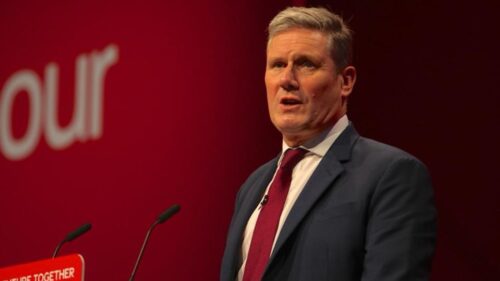
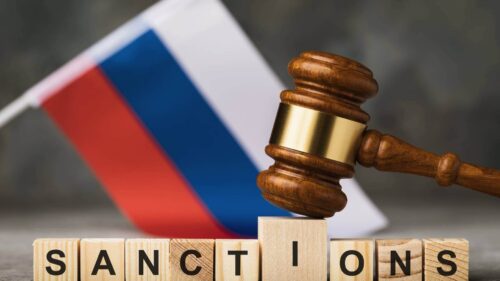

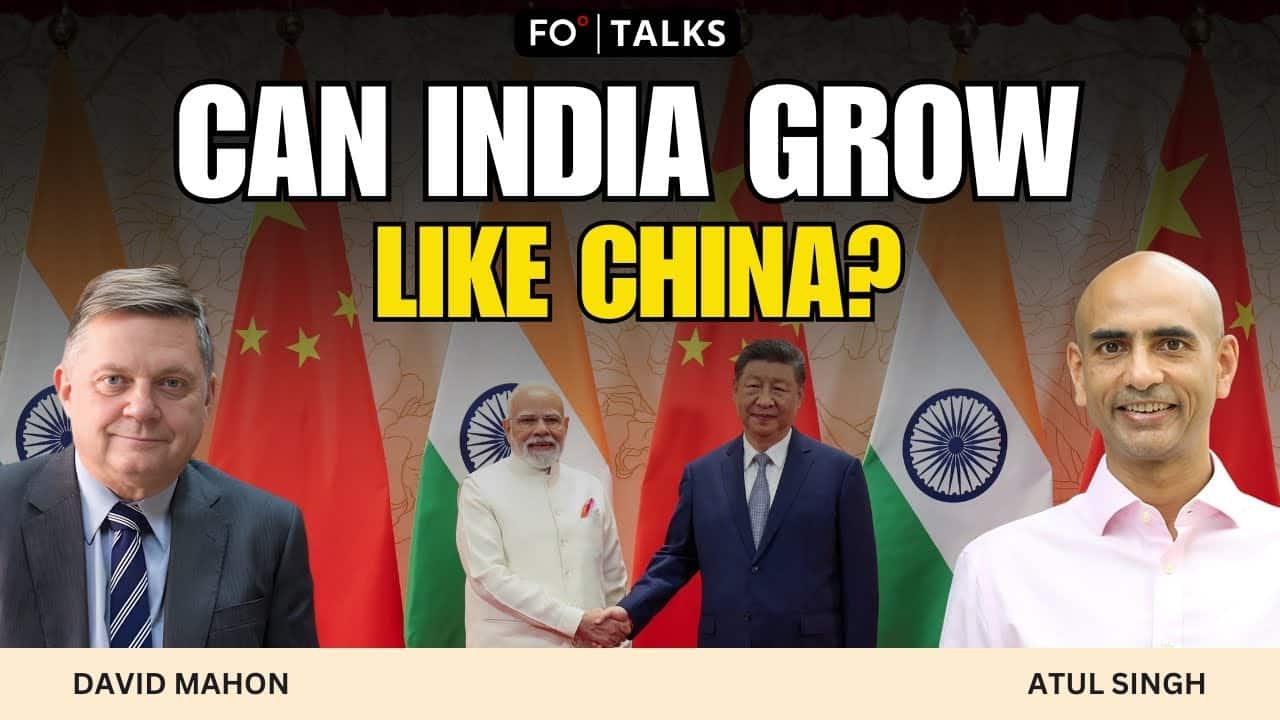

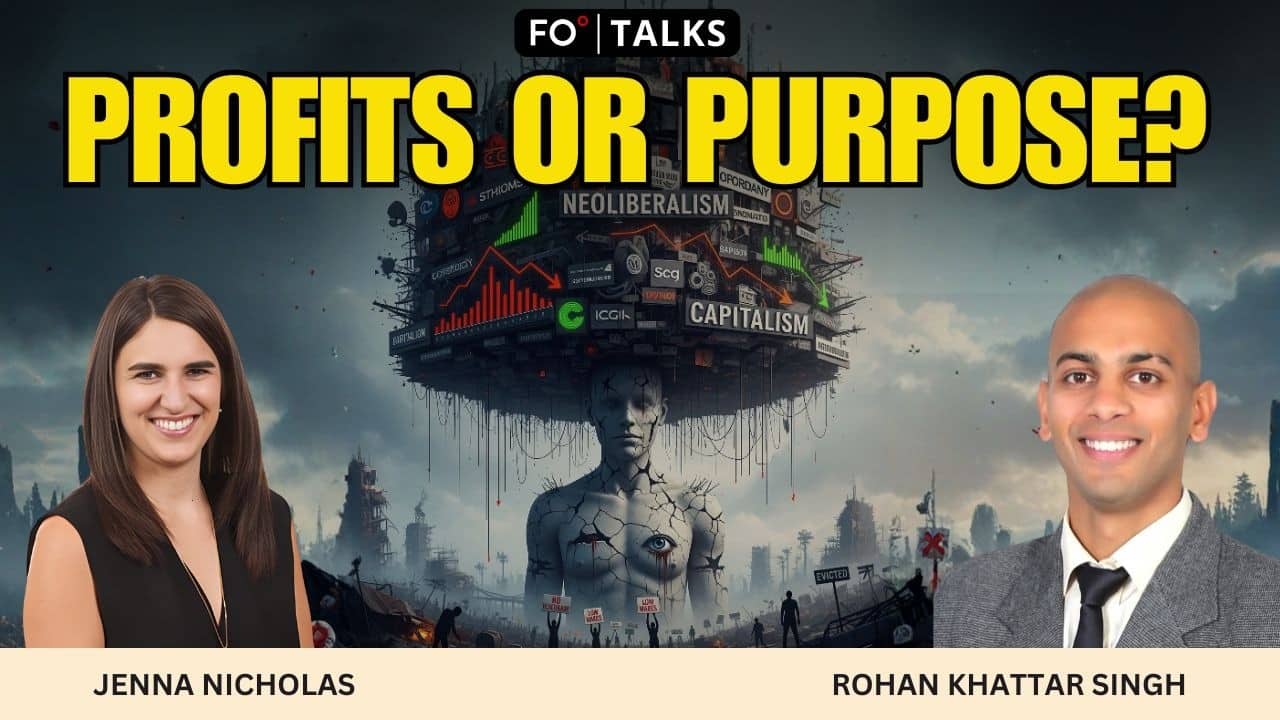





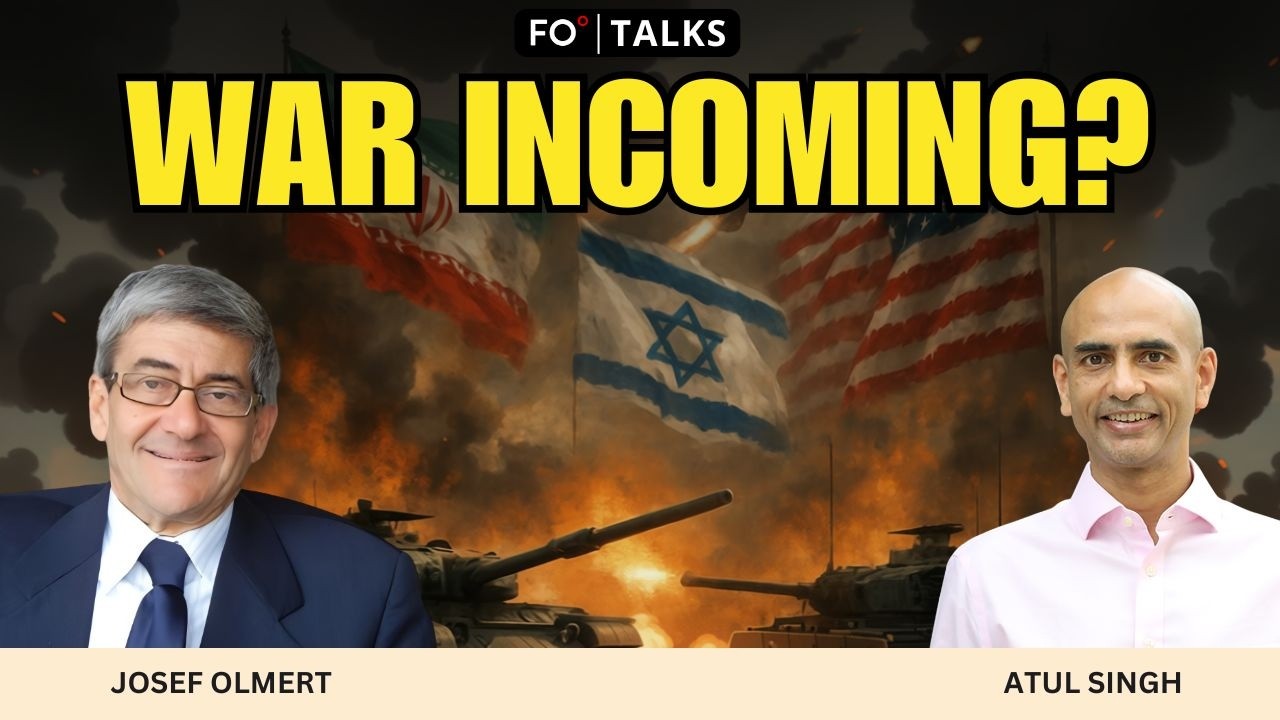



























Comment